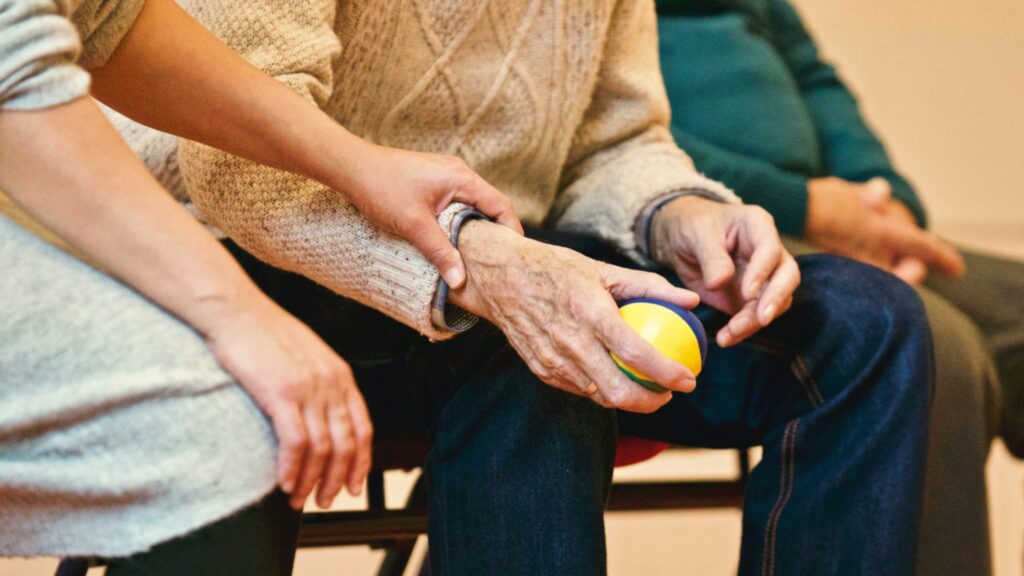Unfortunately, recent studies have shown that three out of every four hospitalized Parkinson’s Disease patients didn’t get their regular home medications on time or had doses entirely skipped.
Proper medication management is the most critical part of a successful hospitalization for someone with Parkinson’s Disease.
Antiparkinsonian medications (levodopa or amantadine, for example) must be given correctly, at the right time and in the correct dose.
If regular home medications aren’t provided in the hospital, Parkinson’s Disease patients can develop mental disturbances, increased muscle rigidity, tremors and difficulty communicating. As a caretaker, you have a vital role in helping the transition from home to the hospital run smoothly.
Next Avenue’s recent article, “How to Advocate for Your Hospitalized Loved One with Parkinson’s Disease,” has some ways you can do this.
Make sure you have an up-to-date list of medications your loved one takes. The list should include the name, dose, when it was last taken and what pharmacy is used for prescriptions. Be prepared to give this to the hospital staff when requested.
You should also list drug or food allergies, including reactions. For example, did a particular drug cause severe irritability or a rash in the past?
It is important to remain with your loved one when they arrive at the hospital until the first dose of their regular medication is administered. Note that a first dose can usually be delayed by several hours if the nurse needs to input the medication list into the chart immediately or if the hospital pharmacy is delayed in verifying the orders. However, after the first dose, future quantities will likely be on schedule.
Cooperate with nursing staff to make sure that your loved one is comfortable. Be direct, yet kind, in asking when the patient might need personal hygiene supplies, a quieter environment, or on-time medication.
As a caretaker, your education and experience regarding Parkinson’s Disease are powerful tools.
Some things might fall through the cracks in a busy hospital– and you know the patient best. So don’t be afraid to speak up and express your needs as you advocate for your loved one.
Reference: Next Avenue (December 22, 2023) “How to Advocate for Your Hospitalized Loved One with Parkinson’s Disease”

